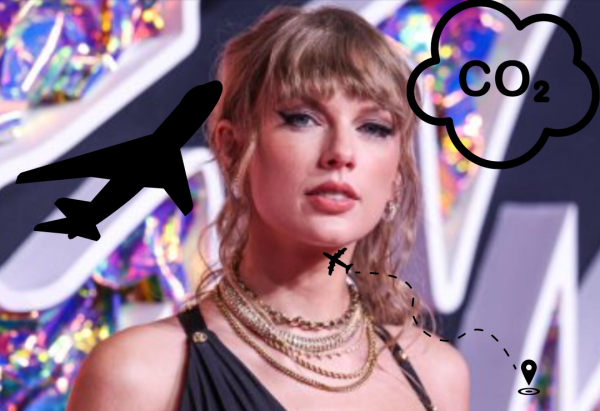The magic of “the Giver” fails to translate to the big screen
Fans of Lois Lowry’s eerie, utopian-turned-dystopian 1993 novel, “The Giver,” will most likely be disappointed by its leap to the big screen. The complexity and social commentary of the book is lost by a movie that tries too hard to appeal to younger audiences.
The story is set sometime in the unspecified future. Society has eliminated war and pain by converting to “sameness,” meaning strict rules, constant politeness and supervision. At age 18, children go through the Graduation Ceremony, where they are assigned their place in the community. This is the first instance where the movie strays from the book–in the novel, the ceremony takes place at age 12.
Jonas, played by Brenton Thwaites, stands on the stage, waiting for his name to be called. The Chief Elder, Meryl Streep, calls on every child in the community except for him. The crowd stares at him in identical clothing with blank eyes. The Chief Elder’s hologram announces that Jonas has not been assigned a job–he has been chosen as the next “Receiver.”
Since no one in this society has any recollection of the past, or what life was like before “Sameness,” there is only one person chosen to be the Receiver of Memories. Jonas begins his training on the outskirts of town with the Giver, Jeff Bridges, who transports to him memories of the past. Bridges convincingly plays a lonely, tormented older man, who feels a responsibility to help Jonas.
Jonas is thrust into the past in flashbacks–he experiences his first snowfall, sound of music, visions of war, pain and emotions. He begins to see the world in color again (literally, since everything has been turned black and white in the name of conformity).
The plot picks up a little when Jonas is enlightened. He suddenly wants to kiss his girls, to break the rules, to describe to everyone what colors are. The most touching moment of the film is when Jonas asks his mentor what “feeling between two people” is. Bridges replies, the raw emotion gripping him, “Love. It’s called love.”
When Jonas decides to run away, the film turns more “Divergent” than “1984.” There is a chase scene through a hospital, a jump from a cliff with a futuristic motorcycle, and a trek through the desert while dodging bullets from a helicopter. The simplicity of the last few pages of the book is entirely lost. While the novel left you wondering if Jonas would survive, or if a free society could ever be recovered, the movie leaves nothing to the imagination.
Despite a gripping performance by Bridges and a visually interesting set-up, “The Giver” fails to live up to its potential. B-.
Your donation will support the student journalists of West Linn High School. Your contribution will allow us to continue to produce quality content by purchasing equipment, software, and continuing to host our website on School Newspapers Online (SNO).

Ever since Emily Topping, senior, was young she hoped to make a difference on american culture. With her unique outlook on life, strong work ethic and...

























![Game, set, and match. Corbin Atchley, sophomore, high fives Sanam Sidhu, freshman, after a rally with other club members. “I just joined [the club],” Sidhu said. “[I heard about it] on Instagram, they always post about it, I’ve been wanting to come. My parents used to play [net sports] too and they taught us, and then I learned from my brother.”](https://wlhsnow.com/wp-content/uploads/2024/03/MG_7715-2-1200x800.jpg)
![At the bottom of the third inning, the Lions are still scoreless. Rowe stands at home plate, preparing to bat, while Vandenbrink stands off to the side as the next batter up. Despite having the bases loaded, the team was unable to score any runs. “It’s just the beginning of the season. We’re just going to be playing out best by June, [and] that’s where champions are,” Rowe said.](https://wlhsnow.com/wp-content/uploads/2024/03/IMG_3077-1200x900.jpg)





![The teams prepare to start another play with just a few minutes left in the first half. The Lions were in the lead at halftime with a score of 27-0. At half time, the team went back to the locker rooms. “[We ate] orange slices,” Malos said. “[Then] our team came out and got the win.”](https://wlhsnow.com/wp-content/uploads/2023/10/IMG_2385-1200x800.jpg)












































































